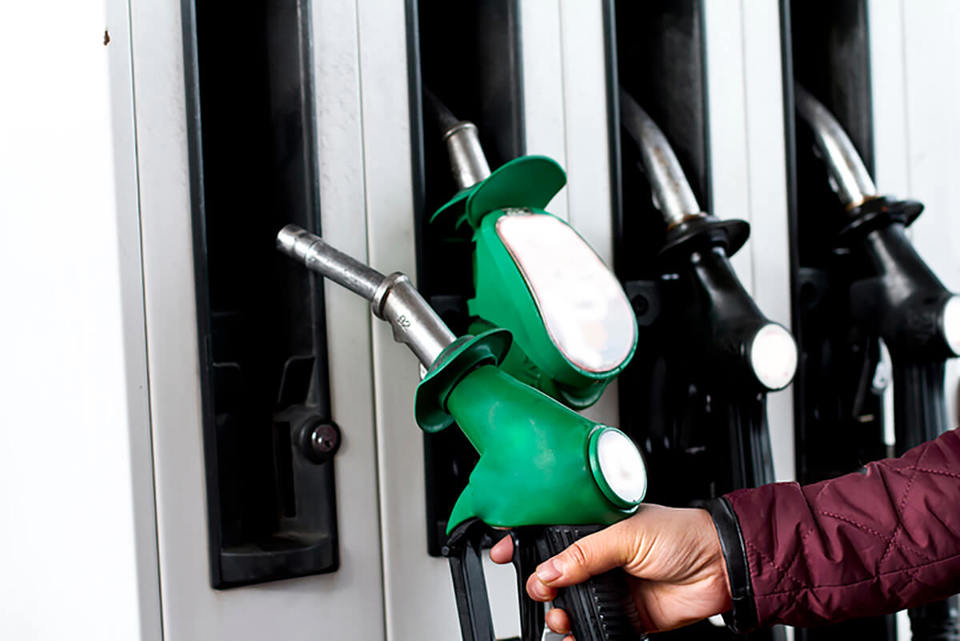Fleets need to ensure that they keep on top of petrol and diesel management basics as the industry turns to a more diverse fuel mix, says Arval.
The leasing company believes that, while fleets will adopt larger numbers of plug-in cars and vans of all kinds during the next few years, petrol and diesel remain likely to remain in the majority for the immediate future.
Janet Eastwood, product manager for fuel at Arval, says that there are many “exciting developments” underway in terms of the fuel choices becoming available to fleets.
However, she said: “It is important there is recognition that, for the next few years at least, petrol and diesel power will continue to form the core of most fleets, especially if you include hybrids and PHEVs in that total.
“For most organisations, good fuel management in terms of controlling costs and minimising environmental impact will include continuing to work hard to reduce petrol and diesel use. This should remain a priority as we move to a more diverse fuel mix.”
Eastwood believes fuel cards can provide the real world data that could allow fleets to assess the fuel usage of individual drivers and vehicles at a more granular level.
She explained: “With this information, you can then make decisions that potentially affect everything from the cars and vans that you buy through to the on-road driving styles behaviour of individual drivers and potential mechanical issues with particular vehicles.”
These management fundamentals, she says, were becoming more important in some cases, because a significant number of fleets had reacted to widespread controversy surrounding diesel emissions with the acquisition of more petrol cars.
“Many fleets have responded to worries about air quality by introducing more petrol cars in place of diesel. While this generally makes sense, even the most economical petrol models tend to use more fuel than the equivalent diesel,” she said.
“This makes careful management of fuel use even more important and should prompt these businesses to increase their focus on fuel and perhaps even look at adopting measures such as carbon mitigation schemes.”
Arval is planning to introduce an electric charging element to its fuel card offering, but said that management of EV fuel would ultimately be quite different to petrol and diesel.
Eastwood explained: “Over time, most EV charging is likely to take place at the home and the workplace, so the new purchasing patterns are quite distinctive.
“Future EV fuel card propositions will be based more around convenience, on the importance of managing charging by choosing the right PAYG network point, and also linked to telematics to ensure range is being maximised.”






















Login to comment
Comments
No comments have been made yet.